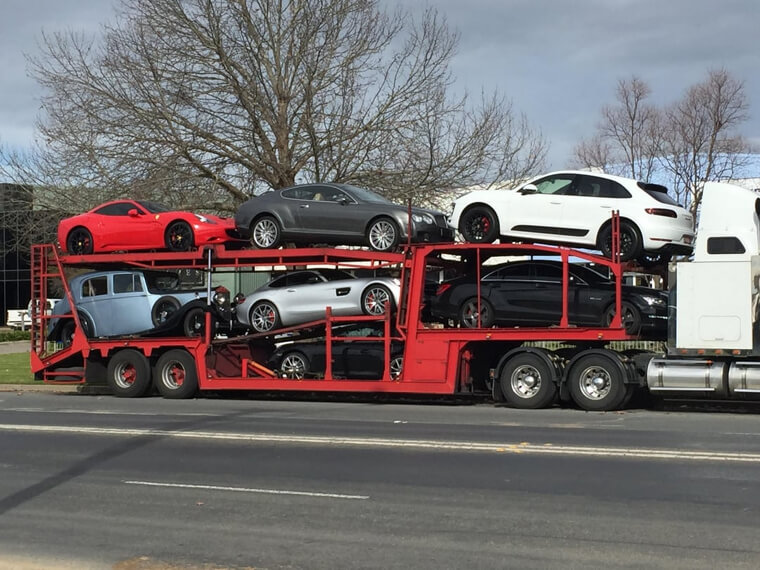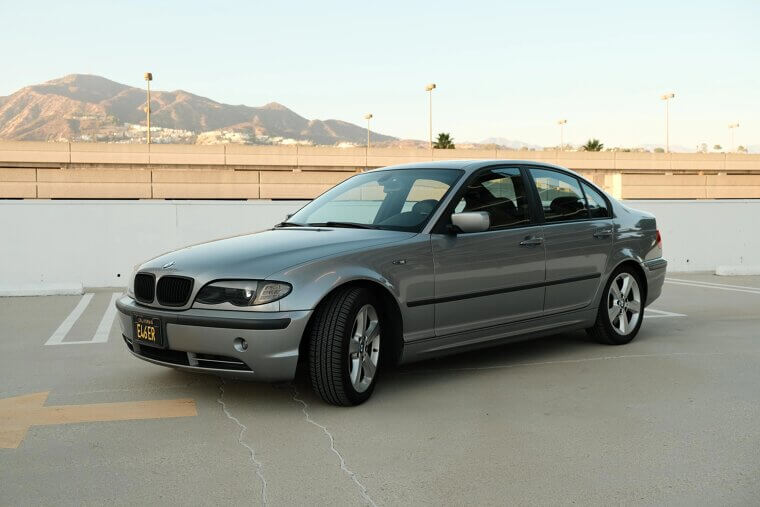Auto Industry Proposed Tariff Debacle
The proposed tariffs on imported vehicles and automotive components could potentially cause a significant disruption to the global motor industry. Strained international trade relations can lead to rising consumer costs, which may have far-reaching ripple effects. Here are several ways these tariffs could impact automakers, workers, and car buyers.
Higher Vehicle Prices
The first and most obvious impact of increased tariffs is the immediate price surge. The tariffs affect every aspect of the production line, from imported parts to vehicle assembly. Both imported and domestic cars would see a rise in cost and a reduction in affordability. This would be particularly notable in budget to mid-range-priced vehicles.
Supply Chain Disruptions
Most Automotive manufacturers rely on a complex global network for their supply chain of vehicle parts. Tariffs can lead to delays, increased shipping costs, and potential component shortages. This disruption in the supply line makes it difficult for automakers to maintain inventory and meet production deadlines.
Decline in Sales
When tariffs are imposed, there is likely to be a rise in vehicle pricing, which in turn leads to a decline in vehicle sales. Car buyers may delay their original purchase plans or opt for buying a used car instead. This decline in sales is far-reaching, meaning that everyone in the supply chain is impacted, from manufacturers to dealerships.
Job Losses in Manufacturing
The price pinch of tariffs may mean that automakers have to cut costs, and unfortunately, this often means laying off staff and downsizing. From engineers to assembly line workers and logistics teams, tariffs typically result in some reduction to the workforce.
Strained International Trade Relations
Tariffs generally create extreme tensions between trading partners and can trigger retaliatory measures from other countries. It has the potential to damage export opportunities for U.S.-made vehicles and parts. Naturally, this may make manufacturers shift production to more stable trade regions.
Slowdown in Innovation
Tariff uncertainty puts a strain on manufacturers to invest in research and development. From electric vehicles to autonomous driving, automakers will rely on what they have previously sold to meet sales expectations. The whole industry suffers when tariffs are in place, as funds get redirected towards managing tariff costs.







